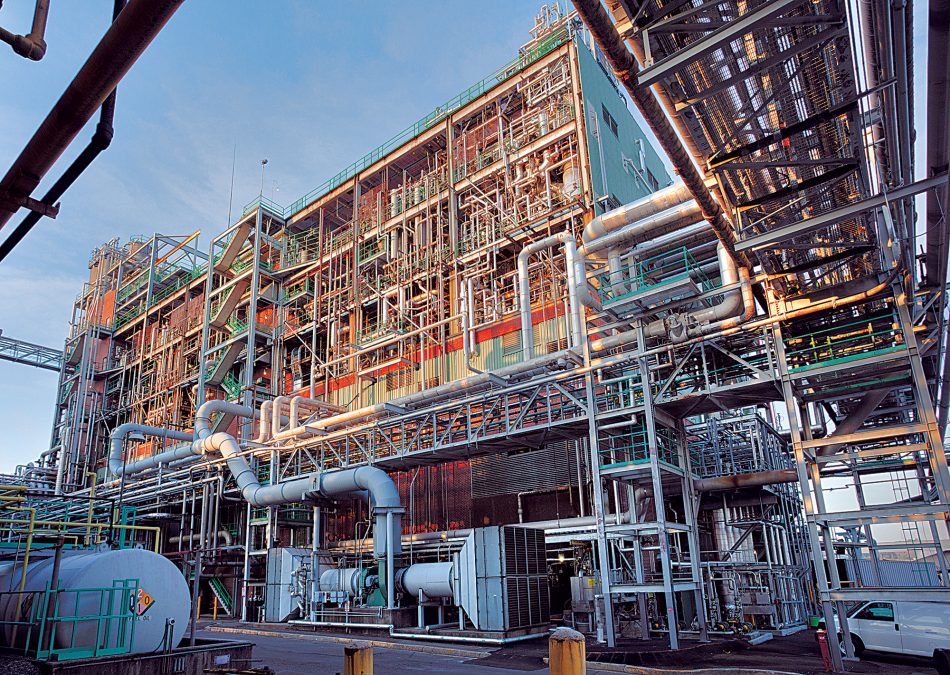
Canada outlines plan to ban single-use plastic
Canada has now become a world leader in environmental policy. On Monday, it laid out its final plans and regulations on how it intends to ban single-use plastics. Federal health minister Jean-Yves Duclos said the country recycles “only 8 percent of the plastic [Canada] throws away” and Read More...

“Count Down” ー Protecting our bodies and our fertility in the modern age
“Hormones get no respect. We think of them as the elusive chemicals that make us a bit moody, but these magical little molecules do so much more.” - Susannah Cahalan, Author, Brain on Fire Most of us know to wash our produce before eating it and not to microwave plastic, but what about Read More...

New California law greatly curbs plastic waste
We have written a lot about plastic alternatives you can use and consumer-focused options for reducing plastic waste. Indeed, this is often the focus of efforts to reduce plastic waste. Not enough pressure is put on manufacturers to reduce how much plastic they produce. A new California law, Read More...

This plastic alternative breaks down into sugar
While banning plastics is an important measure for curbing pollution, replacing plastics as a practical consumer material is important. Researchers from the Swiss Federal Institute of Technology Lausanne have developed a plant-based alternative for plastics that decompose into Read More...

This “superworm” eats and degrades plastics
Researchers from the University of Queensland have discovered that thanks to a bacterial enzyme in their gut the Zophobas morio “superworm” can eat through polystyrene plastic. This is the main compound of Styrofoam. Over a three-week period, the research team fed these “superworms” Read More...

Scientists develop tech that can separate 12 different types of plastics
Plastic is a much more complex material than you may think. Because it comes in many different types with varied compositions and characteristics, plastic is difficult to separate and recycle at the end of its life. Although, new technology developed by scientists in Denmark may soon change Read More...

Beyond recycling: plastic can be eaten!
Single use plastic waste is one of the largest problems facing humanity. According to Greenpeace, over 6.3 billion tons of plastic waste have been created and discarded, with only 9 percent of that number being recycled. This isn’t necessarily due to a lack of effort; plastics like polyethylene Read More...

Japanese knife maker develops the world’s first disposable paper razor
While they’re a cheap and convenient way to carry out your shaving routine, most disposable razors only last for a couple of shaves before they become blunt and are tossed away. Plus, since they’re mainly made of plastic, they’re destined to become just another contributor to our growing Read More...

A look inside the quest for endlessly circular plastics
The Eastman chemical plant in Kingsport, Tennessee, appears to be just another chemical manufacturing facility. Sprawling over 900 acres are hundreds of buildings and countless miles of pipes, conveyors, distillers, cooling towers, valves, pumps, compressors, and controls. It doesn’t exactly look Read More...

Coca-Cola and PepsiCo cut ties with pro-plastics lobbying association
With increasing social awareness about the plastic menace that has befallen upon the world, more and more companies are kneeling down to social pressure and are gradually moving away from single-use plastics. The latest instance comes from soft drink giants Coca-Cola and PepsiCo which have Read More...


